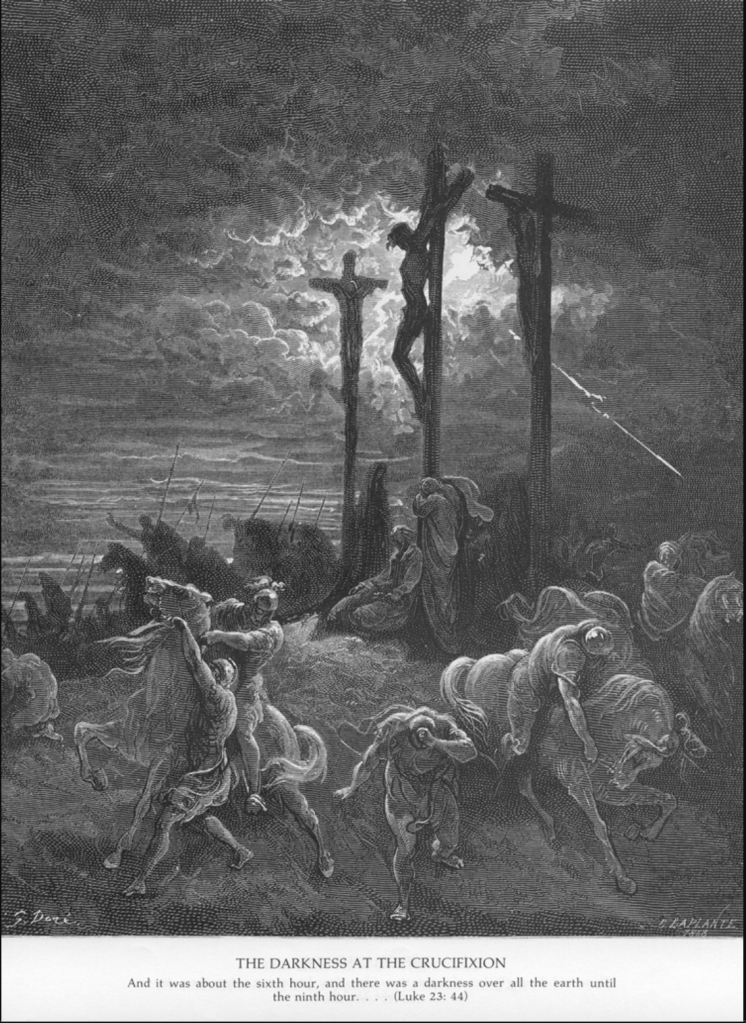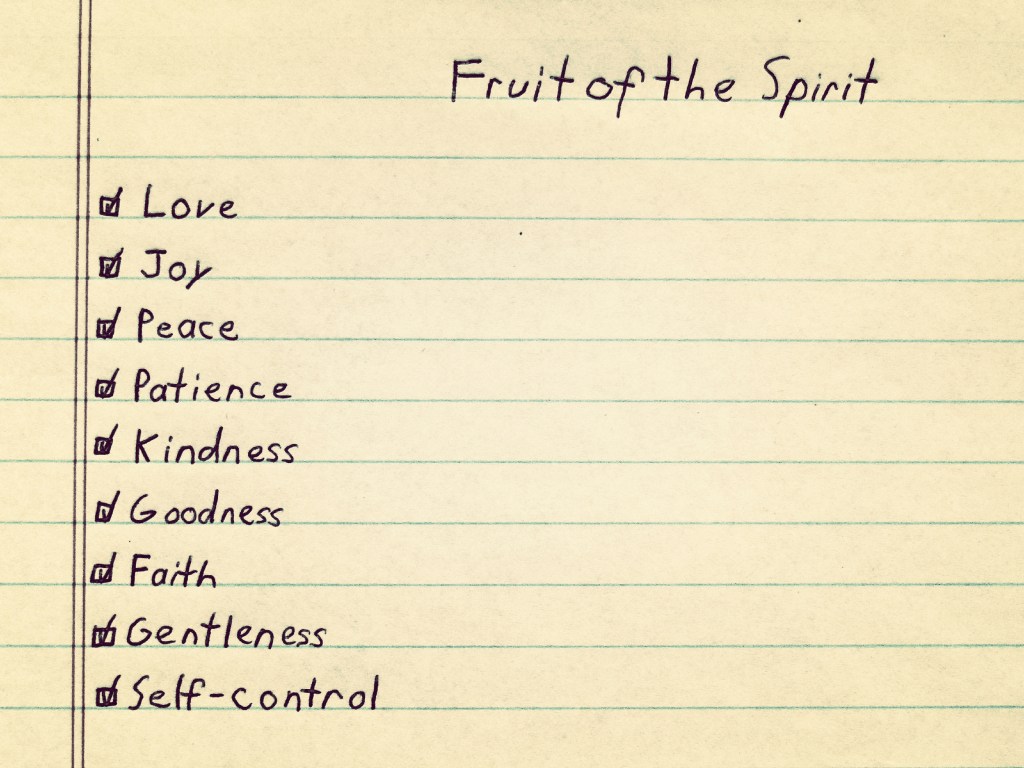
A few years ago, at Vacation Bible School, I introduced a song called “The Monkey.” It is a song produced by a church for their youth camp. It features high-energy movements that mimic some movements of monkeys. This song is a workout, and the kids love it. When we introduced it, we had one of our teens dress up in a gorilla costume to help lead the dancing. Our VBS kids were jumping up and down and having a good time. But one parent had concerns.
After the opening session, a parent reached out to Andrea and me, very upset that her African-American son was led to sing a song by someone in a gorilla costume. The child was not called a gorilla, nor was the teen inside the gorilla costume Black. The mother was offended because of the racial stereotypes that exist comparing African-Americans to gorillas or apes.
The other day, the President of the United States of America posted a reprehensible video on his Truth Social account that portrayed former President and Mrs. Obama as apes/gorillas. This is blatantly racist. Press Secretary Karoline Leavitt tried to play it off as a silly meme and manufactured outrage. She said that the video was a play on The Lion King. If you’ve seen The Lion King, there are no apes/gorillas in the movie. Even if there was, the portrayal of anyone who is Black as an ape/gorilla plays into racist tropes. The video was later taken down by the White House and blamed on a staffer. Whether or not the President or a staffer created and posted the video, the content of that video was racist.
As a Christian, there is no room for dehumanizing another person or any form of racism. The book of Genesis declares that God made man/humanity “in our image and after our likeness” (Genesis 1:26). That means that every human is made in God’s image and has sacred value and worth. To dehumanize what God has created is sin. Racism is sin. In Revelation 7:9, John has a vision of heaven where there was a “great multitude that no one could number, from every nation, from all tribes and peoples and languages, standing before the throne and before the lamb…” People from every tribe, nation, and tongue are pictured worshipping God together- united through God’s love. As Christians, we do not have to wait until heaven to see this. We are called to work toward this unity now. This is the work of God’s Kingdom.
As a parent of four children, I cannot remain silent. I do not want my children to believe that the church somehow teaches that racism is acceptable. Our silence, my silence on the matter, is a form of complicity. Jesus teaches in Matthew 5:29 that if our eye causes us to sin, we should pluck it out. We should not allow racism, or any sin, knowingly to remain present in our hearts or in our community. My faith compels me to call out and resist evil, sin, injustice, and oppression in whatever forms they present themselves. Racism is a sin. Thinking less of a person because of the color of their skin, their language, their accent, or their culture is sin. I pray for a world where, in the words of the Rev. Dr. Martin Luther King, Jr, people are judged not on the color of their skin, but on the content of their character. The Church in America has been damaged for future generations by not speaking out about racism as part of our shared faith in Jesus Christ. Because of the silence of Christians, children are growing up seeing this kind of reprehensible behavior as somehow acceptable within the Church. I want my children (and your children) to experience the church with the full display of God’s love and creativity. I want my children (and your children) to know God’s love and salvation through Jesus. I want my children (and your children) to experience Revelation 7:9 now, where believers of every tribe, nation, and tongue worship around God’s throne together.
As Christians, we can disagree about policies. We can disagree about actions. We can disagree about a lot of things. What we cannot do is stoop to the lowest level by demeaning another human being on the basis of their skin color, or accent, or nation of birth. That is not of Christ. I repent of any time when I acted or spoke in a way that made me superior to others. I pray that our leaders would repent and choose to see the beauty, dignity, and sacred worth of all people. I pray my children (and your children) will grow up in a world where their skin color does not give them an advantage, nor does it make them the target of attacks. We were all created for more than this.









